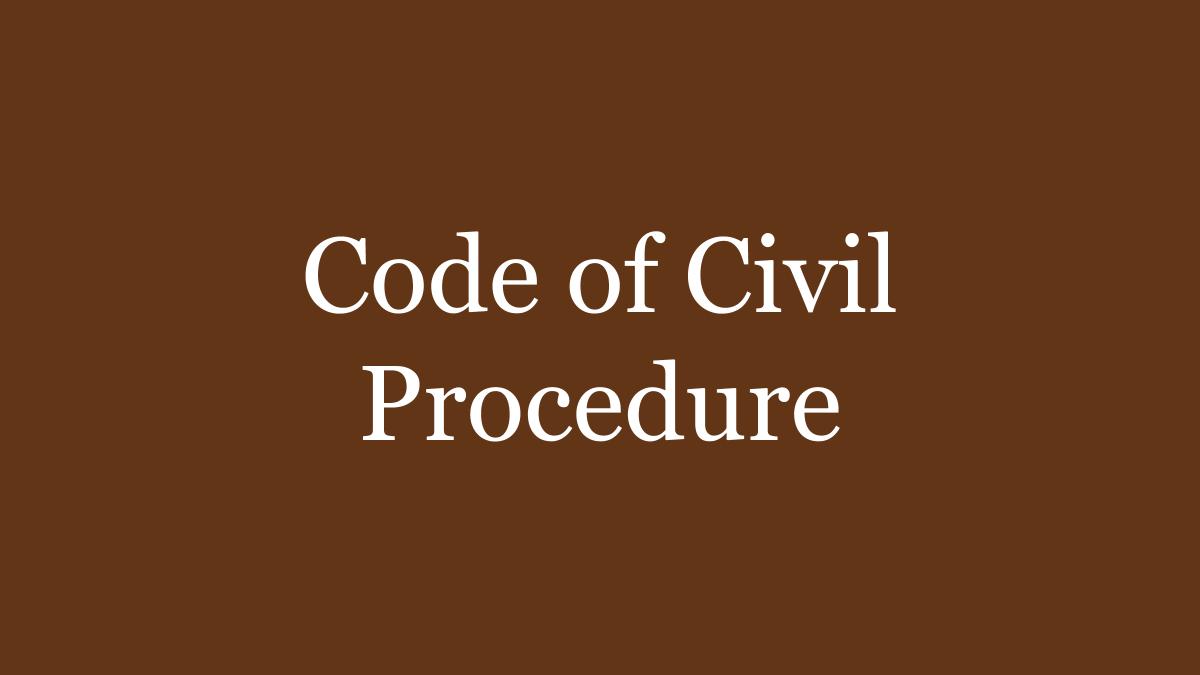Joint property is ought to be held the property joint and not that it becomes the property of the partnership firm held by Hon’ble Mr Justice D. Dash in the matters of Tangudu Janaradhan Rao v. Smt. Madhuritha Rath & Others. [RSA NO. 377 OF 2012].
The case arises from the fact that the plaintiff with three defendants as joint owners of the suit property with consideration of Rs.40,000/- by a registered sale deed. The land has mutated accordingly in their names. It’s stated before purchasing the property that each of the parties has an equal contribution towards the consideration to purchase the property. Subsequently, the plaintiff claims partition of the property which is the subject matter of the suit by allotting 1/4th share over the property to Plaintiff.
The plaintiff and the defendant together constructed a partnership firm by executing the deal that effects. This property is purchased jointly and the rice mill was constructed over that by availing loan from Orissa State Financial Corporation (OSFC). At the time of partnership, the firm dissolves three partners who made their exit on Voluntary Retirement. The partnership was reconstructed by the induction of three new partners but the third partner remains in the partnership. The plaintiff is liable to the paid sum of Rs.1,60,000/- towards Capital investment and Rs. 40,000/- towards profit. So, Defendant stated that the plaintiff has no further right over the suit land and the suit for partition at his instance is liable to be dismissed.
The Trail court from the above pleadings dismissed the suit. Appellant contended that the court should have overlooked the provision of Section 14 of the Partnership Act as it states that the Partnership property includes all property and rights and interest in property that the partnership firm purchased. All partners collectively own such property. Thus, have an error in arriving at a finding that the suit land belongs to the Partnership firm. This becomes the substantial question of law that arises in the appeal. Plaintiff filed the appeal under Section 100 of the Code of Civil Procedure in challenging the judgement.
The Hon’ble court said that from the “aforesaid discussion and reasons, the court finds that no such substantial question of law arises in this case for the admission of this appeal”. The appeal stands dismissed. No order as to cost. Section 100 of the Code of Civil Procedure cannot be challenged due to the absence of substantial questions of law.
Click here to read the judgment.
Judgment Reviewed by – Kaviya S.


